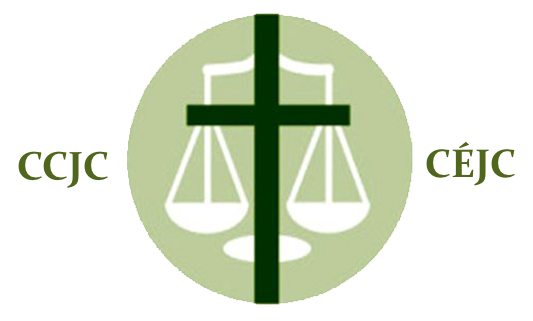Board Member Profile:
Rev. Sharon Dunlop, CCJC President
“Nothing is easier than to denounce the evildoer; nothing is
more difficult than to understand him.” – Fyodor Dostoyevsky
Restorative approaches to justice have been with us for thousands of years however the trend to retributive justice seems to be the chosen path to follow in many judicial systems. Restorative justice practices gives the victim the opportunity to ask “why”, to try to understand the reason for the offence and to let the offender know how he/she has been impacted. The person committing the offence has the opportunity to explain “why” and to accept the responsibility for his/her actions. The opportunity to give or ask forgiveness happens. Reconciliation can take place. Restorative approaches to harm that has been caused works well not only in many criminal matters but also in resolving many other issues such as bullying, disputes within the family and in the work place. Healing takes place, not only between the involved individuals but also within the community.
My interest in prisons goes back to my early teens. I have long been fascinated by music, books and movies that have been associated with prisons and inmates. The oppressive conditions, the hostile environment, the despair many inmates feel has always spoken to my heart. I wanted to do something to make a change in the prison environment and in someone’s life. In 2003, I became involved in prison ministry as a chaplaincy volunteer. Since that time many doors have been opened, eventually leading to the diaconate and to serving on the board of The Church Council on Justice and Corrections, representing the Anglican Church of Canada. Life is harsh on the “inside”; it is dark. There are many reasons people find themselves incarcerated – economic instability, lack of education, racial bias, substance abuse, mental health issues, sense of abandonment – to mention a few. Many of these issues are social issues which if addressed appropriately in the “outside” community could lower the rate of incarceration. And of course, the harsh, oppressive environment inside the prisons affects those persons who have been wrongly convicted, who suffer even more because they know they should not be incarcerated in the first place.
My interest in corrections, restorative justice and victims takes up much of my time and interest – it is a calling which God has placed on my heart throughout my life. I do take time for piano lessons, an uphill struggle at best, but also another life-long interest God has given me. Maybe one day I will be able to play hymns in the prison chapels thereby bringing together these two interests!
